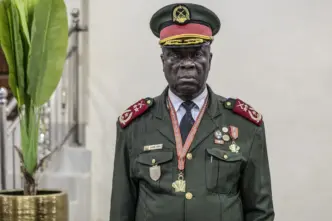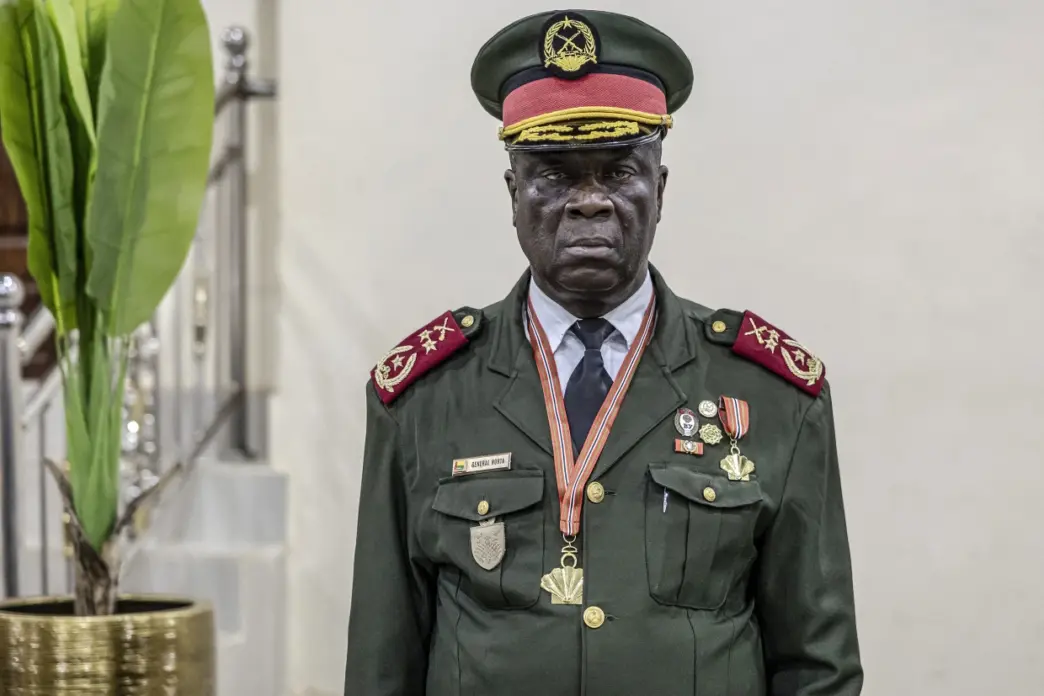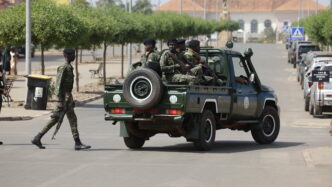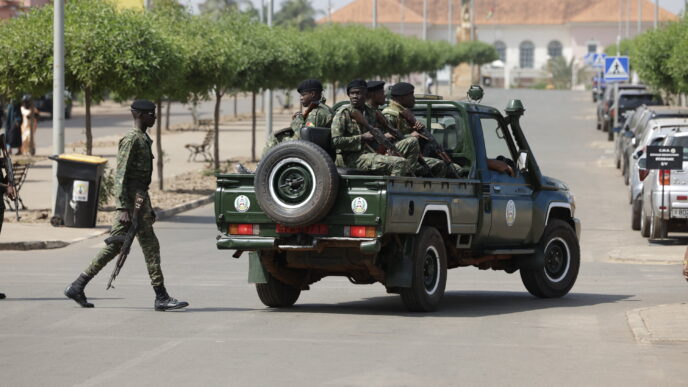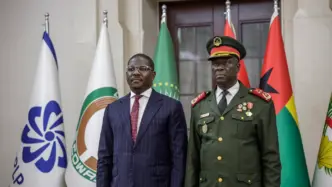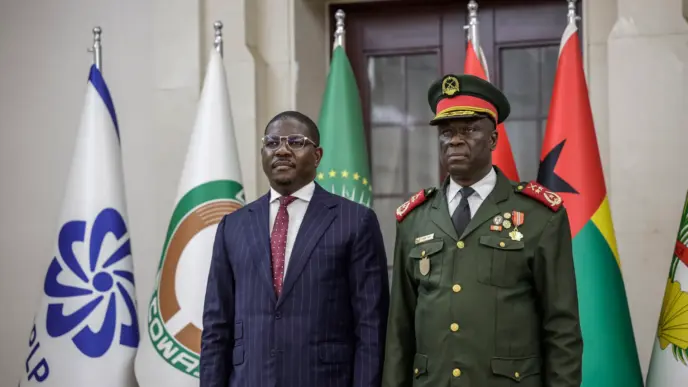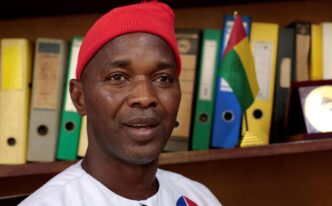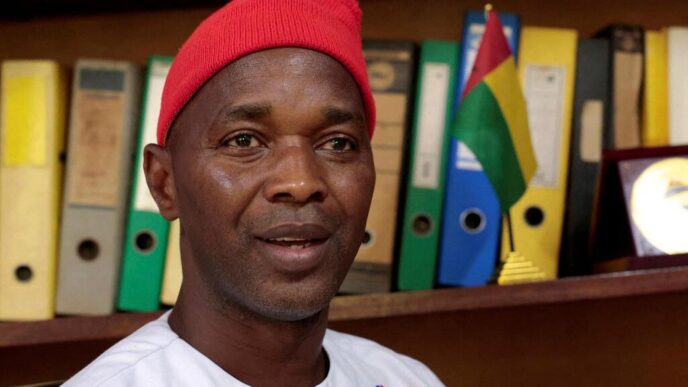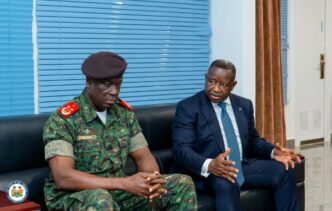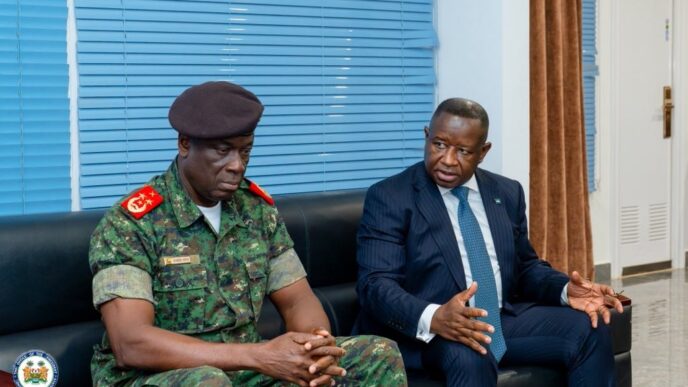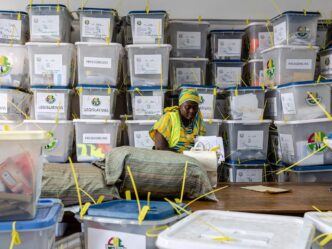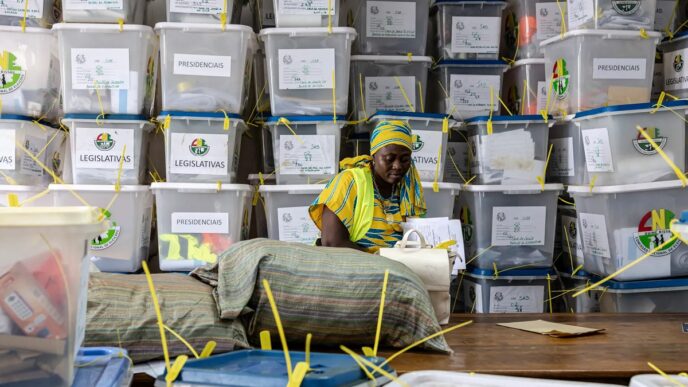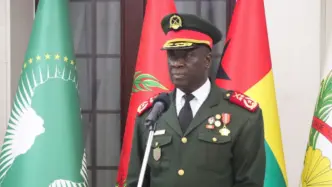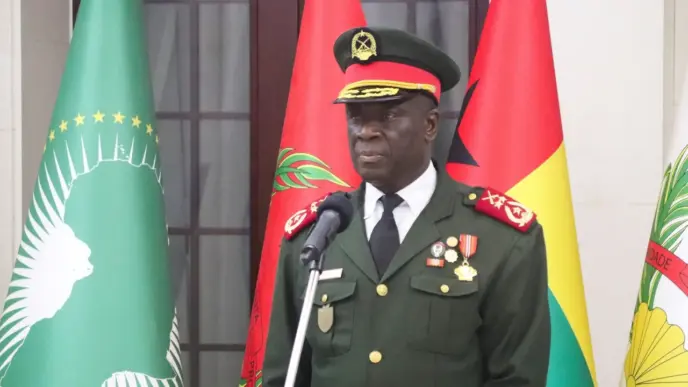Guinea-Bissau’s military has installed a senior general as the country’s interim leader for a one-year period, a day after seizing power, detaining the sitting president and interrupting the declaration of presidential election results.
Life in the capital, Bissau, was largely paralysed as the coup entered its second day, with the majority of markets and shops shut, according to journalists on the ground. Soldiers were visibly deployed across the city, particularly around the presidential palace, where heavy gunfire had marked the beginning of the takeover the previous day.
Public demonstrations have been banned, and security around key government sites has been significantly tightened. The new leadership moved quickly to assert control as military patrols maintained order throughout the city.
At a ceremony held at military headquarters, Guinea-Bissau Military Installs Interim Leaderwas sworn in as head of the newly formed High Command. He announced at a press briefing that the armed forces had intervened to “prevent operations that endangered the country’s democratic order”.
General N’Tam is widely considered to have previously been close to ousted president Umaro Sissoco Embalo, whom he now replaces as the country’s leader. Surrounded by heavily armed troops, he stated that the action was based on what he described as sufficient evidence justifying the military’s intervention, adding that urgent steps were required to safeguard stability.
A day earlier, the military had announced it had assumed “total control” of the country, halting the electoral process as Guinea-Bissau awaited the outcome of Sunday’s presidential vote, which had pitted Embalo against opposition candidate Fernando Dias.
Another senior officer, General Denis N’Canha, said the military had uncovered an alleged plot involving drug traffickers who, he claimed, were working to smuggle weapons into the country in an attempt to undermine constitutional rule. He also confirmed that all media broadcasts were temporarily suspended following the takeover.
Borders that had been closed after the coup were reopened on Thursday, and the authorities later lifted the nationwide curfew. In a statement, the military ordered schools, markets and private institutions to resume operations, while reaffirming a strict ban on protests, strikes or any activity deemed to threaten public order.
Observers and members of Guinea-Bissau’s diaspora have cast doubt on the official narrative, questioning the true motivation behind the military’s intervention. Several analysts pointed out that preliminary results circulating unofficially before the coup indicated that opposition candidate Fernando Dias was ahead in the vote.
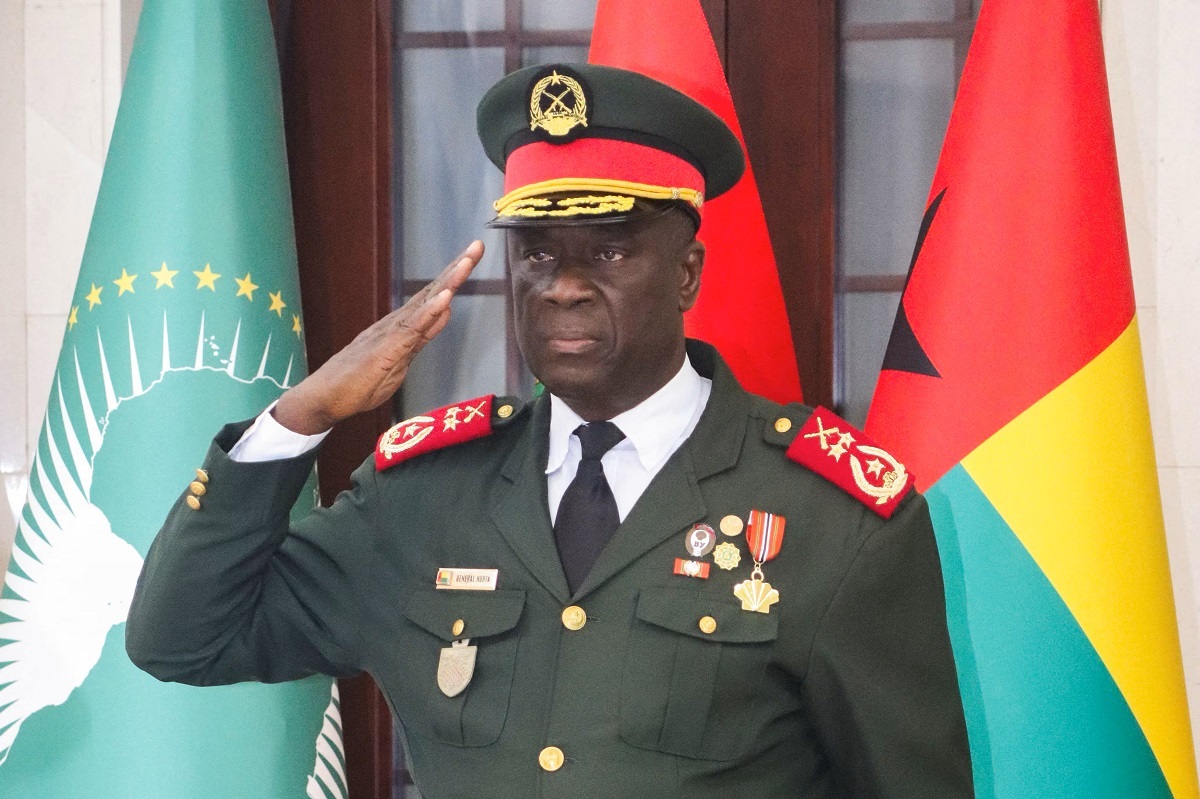
One West Africa-based researcher said the coup appeared aimed at preventing Dias from assuming office. According to the analyst, the situation could ultimately benefit Embalo, who may use negotiations to reposition himself politically ahead of future elections if released.
Embalo and political rival Domingos Simoes Pereira were both detained during the coup. Pereira had been barred from contesting the election by the country’s Supreme Court. The military later confirmed that Embalo remained in good health while in custody.
The African Union strongly condemned the takeover, calling for Embalo’s immediate and unconditional release. The head of the West African regional bloc ECOWAS, Sierra Leone’s President Julius Maada Bio, described the coup as a serious breach of constitutional order and announced an emergency virtual summit to assess the situation.
Guinea-Bissau, located between Senegal and Guinea, has a long history of military intervention in politics, having experienced multiple coups and attempted coups since gaining independence from Portugal in 1974. The latest events add to a growing list of military takeovers across West Africa, including in Mali, Burkina Faso, Niger and Guinea.


 Trending
Trending 
